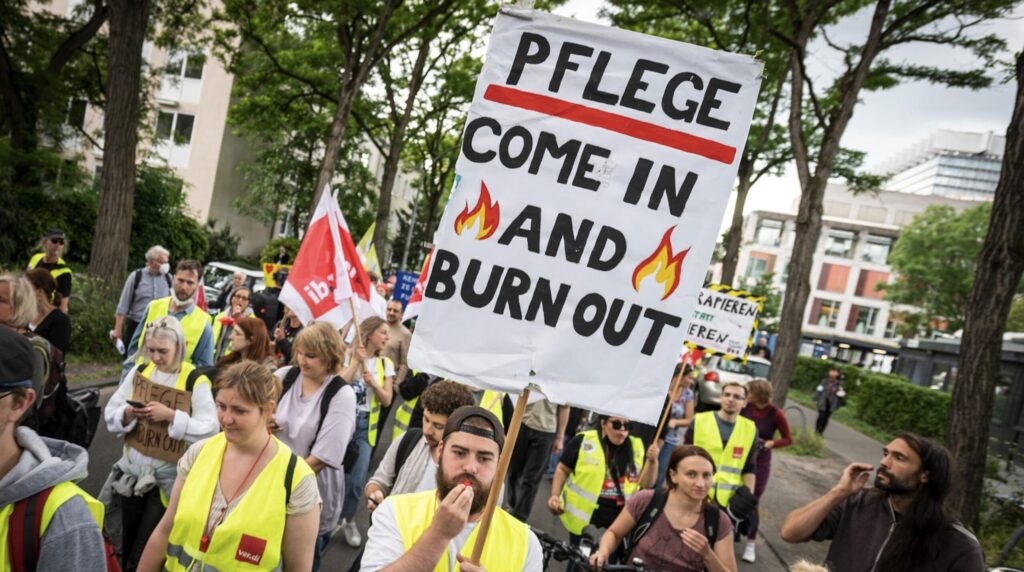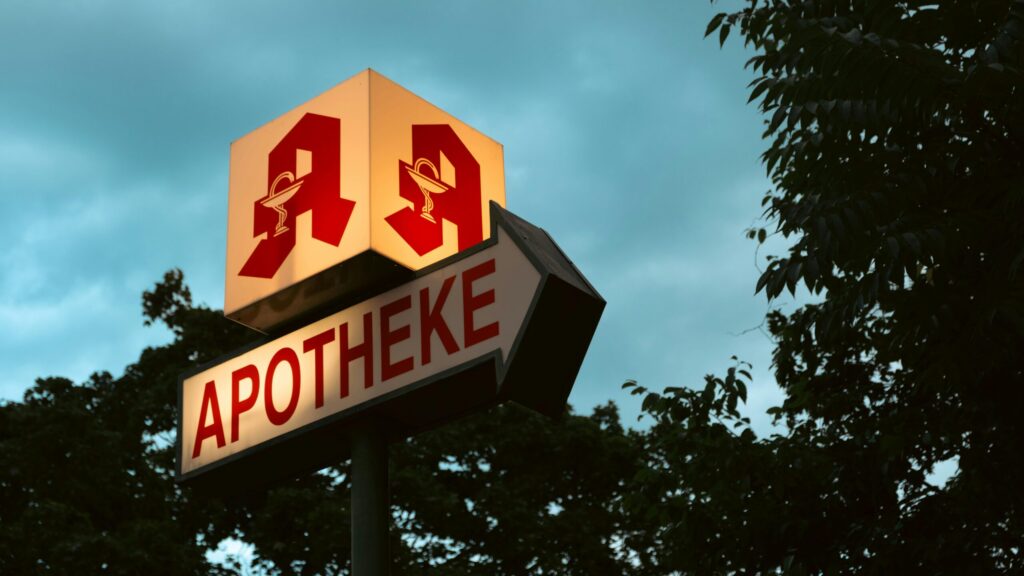Alan Rossi Silva[1], Jan Wintgens[2]
In hospitals, pharmacies, and clinics across Europe, a silent emergency is unfolding. Drug shortages have become so frequent, so pervasive, that they now constitute a public health crisis.[3] In Germany alone, nearly 1,500 drug supply shortages were recorded in 2023—almost three times more than in 2021.[4] Nearly every hospital pharmacist surveyed in the country acknowledges the impact: shortages undermine their ability to care for patients effectively.[5] Behind these figures lies a deeper story of systemic dysfunction—and the urgent need for bold, structural solutions rooted in the public interest.
Understanding the Structural Roots and Consequences of Drug Shortages
Drug shortages are often portrayed as unfortunate yet manageable disruptions in an otherwise efficient pharmaceutical system. But this framing obscures the true nature of the crisis. In reality, these shortages are the predictable outcome of a model built around the logic of profit maximization, not around public health. What we are witnessing is not an accidental failure; it is the result of structural choices.
A wide range of factors has been historically raised as causes of medicine shortages. Some are circumstantial or logistical, such as seasonal fluctuations in demand,[6] natural disasters, or sudden shifts in epidemiological trends.[7] Others are regulatory in nature, including stricter manufacturing standards[8] or national stock requirements.[9] But beneath these surface-level explanations lies a deeper, systemic problem: the commodification of health.
One of the most cited causes is the low profitability of certain medicines, especially older generics, which has led many manufacturers to abandon entire product lines.[10] This phenomenon is sometimes referred to as the “price screw”: a situation in which the pressure to lower costs and reimbursements leaves companies with little incentive to continue production.[11] In Germany, in 2023, 30% of generic drug manufacturers expected to withdraw between 10 and 50% of their product portfolios within the following year, and another 70% anticipated dropping up to 10%.[12] This is not an isolated decision; it reflects a broader pattern of market retreat.
The concentration of production in a few global sites, mainly in China and India, has created a just-in-time system optimized for cost but vulnerable to disruption. These locations are chosen not by coincidence, but because of lower labour costs and weaker environmental regulations.[13] It is not environmental policy or worker protections that are the problem—it is the profit motive that transforms them into liabilities.[14] When the production of active pharmaceutical ingredients is outsourced to maximize profit margins, supply chains become longer, more opaque, and more fragile.
Additional contributing factors include the monopolization of supply by a small number of producers,[15] lack of transparency from pharmaceutical companies, the absence of strategic reserves, and a general underinvestment in domestic and regional production capacity.[16] Meanwhile, smaller or less profitable markets are often deprioritized, with companies choosing to serve more lucrative regions first.
The consequences of these shortages are wide-ranging and deeply harmful. Patients face delays in treatment or are forced to interrupt therapies altogether.[17] The lack of available alternatives increases the risk of medication errors and adverse reactions. In some cases, patients are pushed towards more expensive options, increasing their out-of-pocket costs. In others, the only available path becomes the informal or black market, where safety and quality are far from guaranteed.[18]
Pharmacists and healthcare professionals are also impacted. Their workload increases as they scramble to find substitutes, navigate procurement hurdles, and reassure worried patients. Trust in the healthcare system is affected.[19] And clinical research can be delayed or compromised when essential drugs are unavailable for trials.[20]
The social and economic toll is profound. Vulnerable populations—those with limited financial means, complex health conditions, or restricted mobility—are hit hardest. What begins as a supply chain issue quickly becomes a matter of justice, equity, and public trust.
Drug shortages are not isolated anomalies. They are the visible symptoms of a deeper systemic crisis—one that demands more than technical fixes. They reveal the failure of a model that treats health technologies as market commodities instead of public goods. Any real solution must start from that recognition.
Flawed Responses to a Structural Problem
Public authorities, academics, and professional associations have proposed a range of responses, but most fall into three broad categories.
The first group consists of measures that aim to improve how to diagnose the problem. These include efforts to harmonize terminology and reporting standards,[21] increase transparency in supply chains,[22] and strengthen regulatory oversight.[23] These are important steps, but they remain limited in scope. They help us understand the contours of the crisis more clearly, but they do not alter its underlying causes.
The second category includes attempts to manage scarcity rather than prevent it. Governments have encouraged pharmacists to substitute unavailable medicines, called for the redistribution of supplies across borders,[24] extended the expiration dates of certain drugs,[25] and built up emergency stockpiles.[26] In the best scenario, these policies can mitigate harm in the short term, but they represent a strategy of containment rather than transformation. They accept scarcity as a given and merely try to make it more tolerable.
Even more troubling, however, is the third group of so-called “solutions”: those that dangerously reinforce the very logic responsible for the problem. Proposals to pay more for medicines,[27] to deregulate pharmaceutical production,[28] or to loosen environmental standards[29] all point in the wrong direction. Rather than protecting the public, these measures deepen our dependency on market forces and push us further away from health equity and sustainability.
Public Pharma: A Real Alternative
If the diagnosis is flawed, so too will be the treatment. Instead of managing scarcity or surrendering to corporate pressure, we must ask a different question: how do we build a pharmaceutical ecosystem that puts people before profit?[30] The answer begins with Public Pharma.[31]
Public Pharma is not a utopian ideal.[32] It is a practical, necessary response to the structural failures of the current model.[33] It refers to state-owned infrastructure dedicated to research, development, manufacturing, and/or distribution of health technologies. It means creating systems that are transparent, resilient, accountable, and responsive to health needs, not shareholder expectations.[34]
And it is already happening. Around the world, there is a rich and diverse ecosystem of public pharmaceutical institutions. Governments have built public manufacturing capacity to produce health technologies. These initiatives have improved access, supported regional self-reliance, and promoted health sovereignty—often under immense political and economic pressure.[35]
Europe, too, is part of this movement. In Portugal, the National Medicines Laboratory has long played a crucial role in producing affordable, high-quality medicines.[36] In Sweden, the national medicines agency has indicated that a state-run pharmaceutical production company should address shortages of critical medicines.[37] In countries like Switzerland[38] and France[39], political parties have publicly advocated for the development of a coordinated Public Pharma strategy. Meanwhile, across the continent, academics[40] and activists[41] have been calling for the establishment of a European-wide Public Pharma initiative to ensure secure, equitable access to health technologies.
These efforts are valuable and inspiring, but they remain under constant threat. Across all regions, public pharmaceutical institutions are being weakened by neoliberal waves of austerity, budget cuts, and privatization.[42] Their continued existence is far from guaranteed. To fulfil their potential, they must be actively defended and deliberately expanded.[43]
The Time to Act is Now
In 2024, civil society organizations, researchers, and health advocates from across Europe came together to form the Public Pharma for Europe Coalition.[44] We are united by a simple but powerful belief: access to medicines and other health technologies should never depend on market logic. Our coalition calls for a new paradigm—one that places public pharmaceutical capacity at the center of health policy. One that ensures that health is a human right, not a commodity.
As the climate emergency deepens, geopolitical tensions rise, and economic inequalities sharpen, the risk of drug shortages will only grow. Let us not wait for the next wave of preventable suffering. Let us act now—with urgency, clarity, and courage—and build the public infrastructure needed to promote health for all.
[1] Global and European Coordinator of the Public Pharma project at the People’s Health Movement (PHM); PhD in Law.
[2] PHM member; Public Pharma for Europe advocate; PhD in Neuroscience.
[3] Vogler, S. (2024). Tackling medicine shortages during and after the COVID-19 pandemic: Compilation of governmental policy measures and developments in 38 countries. Health Policy, 143, 105030. https://doi.org/10.1016/j.healthpol.2024.105030.
[4] Van Den Heuvel, M. (2024). Germany’s medication supply issues persist despite new law. Medscape. https://www.medscape.com/viewarticle/germanys-medication-supply-issues-persist-despite-new-law-2024a1000k9a.
[5] European Association of Hospital Pharmacists (EAHP). (2023). EAHP 2023 Shortage Survey Report: Shortages of medicines and devices in the hospital sector – prevalence, nature and impact on patient care. https://eahp.eu/policy-hub/medicines-shortages/2023-shortage-survey/.
[6] Willis, S. (2025) ‘Confusing blur’ between genuine medicines shortages and procurement issues, says wholesalers trade body. The Pharmaceutical Journal. https://pharmaceutical-journal.com/article/news/confusing-blur-between-genuine-medicines-shortages-and-procurement-issues-says-wholesalers-trade-body.
[7] Van Den Heuvel, M. (2024). Germany’s medication supply issues persist despite new law. Medscape. https://www.medscape.com/viewarticle/germanys-medication-supply-issues-persist-despite-new-law-2024a1000k9a.
[8] Paternoster, T. (2024). How did Germany run low on potentially life-saving HIV medication? Euronews. https://www.euronews.com/health/2024/04/13/how-did-germany-run-low-on-potentially-life-saving-hiv-medication.
[9] Eccles, M., & Peseckytė, G. (2024). Czechia slams Germany over drug stockpiling. POLITICO. https://www.politico.eu/article/czechia-slams-germany-over-drug-stockpiling-drug-shortage-europe-pharmacy/.
[10] Baraniuk, C. (2024). What are countries doing to tackle worsening drug shortages? BMJ, q2380. https://doi.org/10.1136/bmj.q2380
[11] Steidl, J., Krebs, S., Kostev, K., Schwab, S., & Hamer, H. M. (2024). Shortage of antiseizure medication in Germany: How big is the problem? Epilepsy & Behavior, 162, 110162. https://doi.org/10.1016/j.yebeh.2024.110162.
[12] Van Den Heuvel, M. (2024). Germany’s medication supply issues persist despite new law. Medscape. https://www.medscape.com/viewarticle/germanys-medication-supply-issues-persist-despite-new-law-2024a1000k9a.
[13] Verband Forschender Arzneimittelhersteller (n.d.). Supply bottlenecks can have different causes. https://www.vfa.de/de/englische-inhalte/supply-shortages
[14] Wintgens, J. (2025). Is Big Pharma’s pollution deregulation campaign fueling the next pandemic? Peoples Dispatch. https://peoplesdispatch.org/2025/03/15/is-big-pharmas-pollution-deregulation-campaign-fueling-the-next-pandemic/.
[15] Höppner, S. (2024). What’s behind medication shortages in Germany? Deutsche Welle. https://www.dw.com/en/whats-behind-medication-shortages-in-germany/a‑70446933.
[16] Plüss, J. D. & Turuban, P. (2025). Five ways health authorities hope to end medicine shortages. SWI. https://www.swissinfo.ch/eng/multinational-companies/five-ways-authorities-hope-to-end-medicine-shortages/88784833.
[17] Steidl, J., Krebs, S., Kostev, K., Schwab, S., & Hamer, H. M. (2024). Shortage of antiseizure medication in Germany: How big is the problem? Epilepsy & Behavior, 162, 110162. https://doi.org/10.1016/j.yebeh.2024.110162.
[18] European community pharmacists (PGEU). (2024). Position paper on medicine shortages. https://www.pgeu.eu/publications/pgeu-position-paper-on-medicine-shortages-2024/.
[19] Paternoster, T. (2024). How did Germany run low on potentially life-saving HIV medication? Euronews. https://www.euronews.com/health/2024/04/13/how-did-germany-run-low-on-potentially-life-saving-hiv-medication.
[20] Vogler, S. (2024). Tackling medicine shortages during and after the COVID-19 pandemic: Compilation of governmental policy measures and developments in 38 countries. Health Policy, 143, 105030. https://doi.org/10.1016/j.healthpol.2024.105030.
[21] European community pharmacists (PGEU). (2024). Position paper on medicine shortages. https://www.pgeu.eu/publications/pgeu-position-paper-on-medicine-shortages-2024/.
[22] Plüss, J. D. & Turuban, P. (2025). Five ways health authorities hope to end medicine shortages. SWI. https://www.swissinfo.ch/eng/multinational-companies/five-ways-authorities-hope-to-end-medicine-shortages/88784833.
[23] Vogler, S. (2024). Tackling medicine shortages during and after the COVID-19 pandemic: Compilation of governmental policy measures and developments in 38 countries. Health Policy, 143, 105030. https://doi.org/10.1016/j.healthpol.2024.105030.
[24] European community pharmacists (PGEU). (2024). Position paper on medicine shortages. https://www.pgeu.eu/publications/pgeu-position-paper-on-medicine-shortages-2024/
[25] Davido, B., Michelon, H., Mamona, C., De Truchis, P., Jaffal, K., & Saleh-Mghir, A. (2024). Efficacy of expired antibiotics: a real debate in the context of repeated drug shortages. Antibiotics, 13(5), 466. https://doi.org/10.3390/antibiotics13050466.
[26] Eccles, M., & Peseckytė, G. (2024). Czechia slams Germany over drug stockpiling. POLITICO. https://www.politico.eu/article/czechia-slams-germany-over-drug-stockpiling-drug-shortage-europe-pharmacy/.
[27] Baraniuk, C. (2024). What are countries doing to tackle worsening drug shortages? BMJ, q2380. https://doi.org/10.1136/bmj.q2380.
[28] Höppner, S. (2024). What’s behind medication shortages in Germany? Deutsche Welle. https://www.dw.com/en/whats-behind-medication-shortages-in-germany/a‑70446933.
[29] Van Den Heuvel, M. (2024). Germany’s medication supply issues persist despite new law. Medscape. https://www.medscape.com/viewarticle/germanys-medication-supply-issues-persist-despite-new-law-2024a1000k9a.
[30] Radder, H., & Smiers, R. (2024). Medical research without patents: It’s preferable, it’s profitable, and it’s practicable. Accountability in Research, 1–22. https://doi.org/10.1080/08989621.2024.2324913
[31] Silva, A. (2024). Public pharma vs. abusive prices: The case of the latest HIV-prevention drug. Peoples Dispatch. https://peoplesdispatch.org/2024/09/10/public-pharma-vs-abusive-prices-the-case-of-the-latest-hiv-prevention-drug/
[32] Silva, A., & Smiers, J. (2024). 29 years without Jonas Salk: Against the normalization of the absurd. Peoples Dispatch. https://peoplesdispatch.org/2024/06/21/29-years-without-jonas-salk-against-the-normalization-of-the-absurd/
[33] Brown, D. (2019). Medicine For All: The Case for a Public Option in the Pharmaceutical Industry (Democracy Collaborative, Ed.; pp. 1–88). Democracy Collaborative. https://thenextsystem.org/medicineforall
[34] People’s Health Movement (PHM). (2025). Public Pharma: what it is and why it’s important? https://phmovement.org/public-pharma.
[35] Alston, K., Le, J., Koonce, N., & Rosa, Z. (2024). PBM, Procurement, and production: Public Pharma strategies for state to lower insulin prices. T1 International. https://actionnetwork.org/forms/publicpharma
[36] Laboratório Nacional do Medicmento (LM). (2025). Sobre nós. https://lm.exercito.pt/lab/sobre-nos/.
[37] Kleja, M. (2024). Swedish medicines agency wants state-run pharma production to prevent shortages. Euractiv. https://www.euractiv.com/section/health-consumers/news/swedish-medicines-agency-wants-state-run-pharma-production-to-prevent-shortages/.
[38] Parti Socialiste Suisse. (2024). Crise du médicament : le PS demande une stratégie d’industrie pharmaceutique publique (Public Pharma). https://www.sp-ps.ch/wp-content/uploads/2024/10/Crise-du-medicament-le-PS-demand e‑une-strategie-dindustrie-pharmaceutique-publique-2024.pdf
[39] Montangon, M. (2023). Notre proposition concrète d’un pôle public du médicament. Les Cahiers de Santé et de Protection Sociale. https://cahiersdesante.fr/editions/46-septembre-2023/notre-proposition-concrete-dun-pole-public-du-medicament/.
[40] Florio, M., Pancotti, C., & Prochazka, D. (2021). European pharmaceutical research and development: Could public infrastructure overcome market failures? (European Parliament, Ed.; pp. 1–110). https://www.europarl.europa.eu/stoa/en/document/EPRS_STU(2021)697197.
[41] De Ceukelaire, & Joye, T. (2024). A European Salk Institute Could Ensure Accessible and Affordable Medicines. International Journal of Social Determinants of Health and Health Services. https://doi.org/10.1177/27551938241232239.
[42] Hendriks, J. (2021). The Privatization of Societal Vaccinology in the Netherlands. In Immunization and States (1st ed., pp. 20–43). Routledge. https://www.taylorfrancis.com/chapters/edit/10.4324/9781003130345–2/privatization-societal-vaccinology-netherlands-jan-hendriks.
[43] Public Pharma for Europe Coalition (2025). In defense of public pharma at the University Medical Center Groningen: A Statement of solidarity. https://publicpharmaforeurope.org/in-defense-of-public-pharma-at-the-university-medical-center-groningen-a-statement-of-solidarity/.
[44] Public Pharma for Europe Coalition. (2025). Public Pharma for Europe Coalition. https://publicpharmaforeurope.org/







